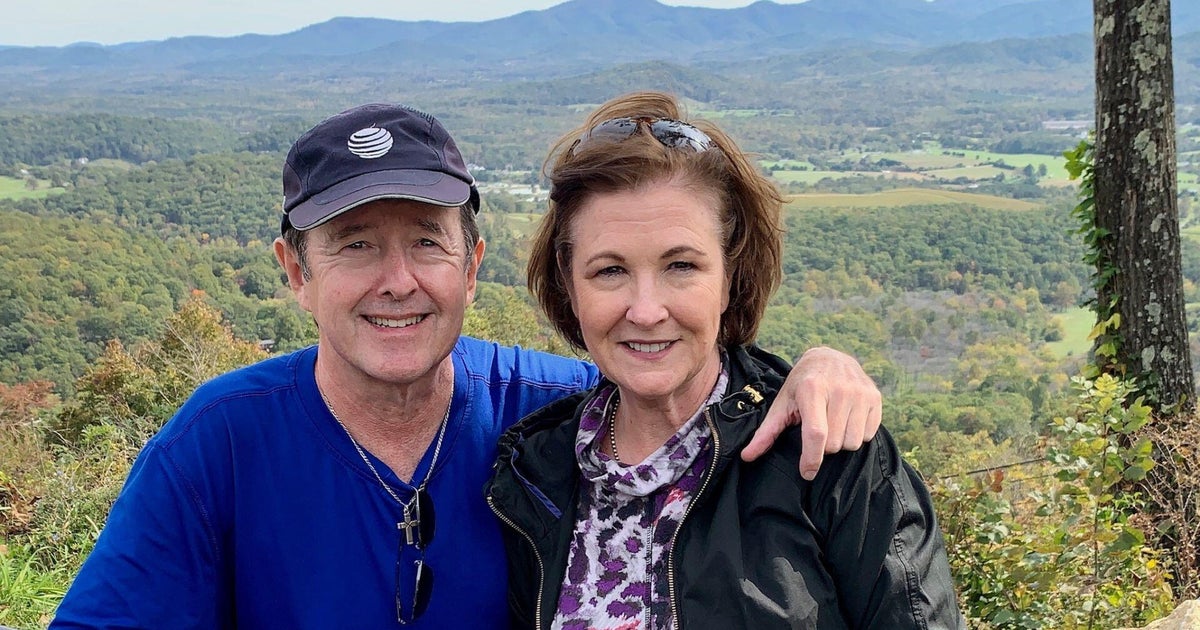A vaccine could prevent these cancers, so why are they still on the rise?
The number of cancers associated with the sexually transmitted human papillomavirus (HPV) continues to rise in the United States, even though most cases could be prevented with the HPV vaccine, according to new government research released today.
The report from the Centers of Disease Control and Prevention found that HPV-associated cancers increased to an average of nearly 39,000 cases a year during the period from 2008 to 2012.
An analysis from the previous five years showed fewer than 33,500 such cancers were diagnosed annually.
The most common HPV-associated cancers in the study were cervical cancers in females and mouth and throat cancers in men.
Almost 80 percent of the cancer cases in the study were directly attributable to HPV, including approximately 19,200 cancer diagnoses in females and 11,600 diagnoses in males.
Furthermore, the researchers found that the majority of the cases -- about 28,500 -- involved the types of HPV that are preventable with a vaccine.
However, experts say public perceptions of vaccines -- particularly the HPV vaccine -- need to change in order to get these numbers down.
"In order to increase HPV vaccination rates, we must change the perception of the HPV vaccine from something that prevents a sexually transmitted disease to a vaccine that prevents cancer," Electra Paskett, co-director of the Cancer Control Research Program at the Ohio State University Comprehensive Cancer Center in Columbus, told HealthDay.
"Every parent should ask the question: If there was a vaccine I could give my child that would prevent them from developing six different cancers, would I give it to them? The answer would be a resounding yes -- and we would have a dramatic decrease in HPV-related cancers across the globe," she added.
The study, published in the July 8 issue of the Morbidity and Mortality Weekly Report, was based on an analysis of national cancer registries.
A further breakdown of the data showed that whites had higher rates of oral and throat cancers than blacks and Hispanics. However, rates of cervical cancer were higher among blacks and Hispanics.
The CDC recommends the HPV vaccine be given to preteen boys and girls at age 11 or 12 so they are protected before ever being exposed to the virus. The vaccine is given in a series of three shots, with the second given one or two months after the first and the third given six months after the first.
"Full vaccination coverage of the U.S. population could prevent future HPV-attributable cancers and potentially reduce racial and ethnic disparities in HPV-associated cancer incidence," the authors concluded. "Ongoing surveillance for HPV-associated cancers using high-quality population-based registries is needed to monitor trends in cancer incidence that might result from increasing use of HPV vaccines and changes in cervical cancer screening practices."



